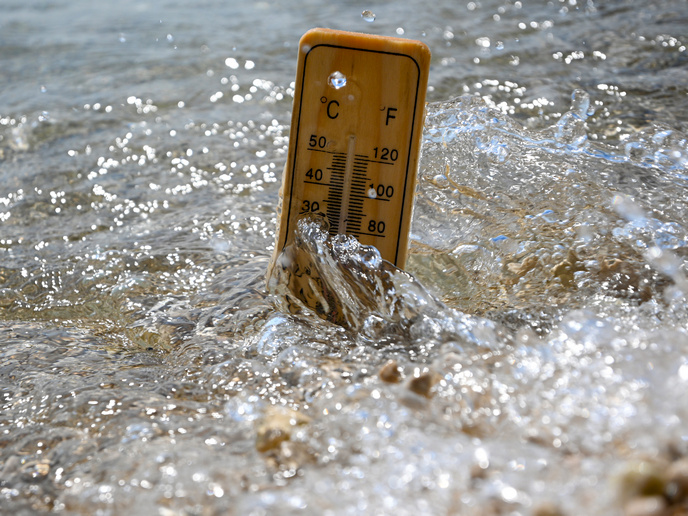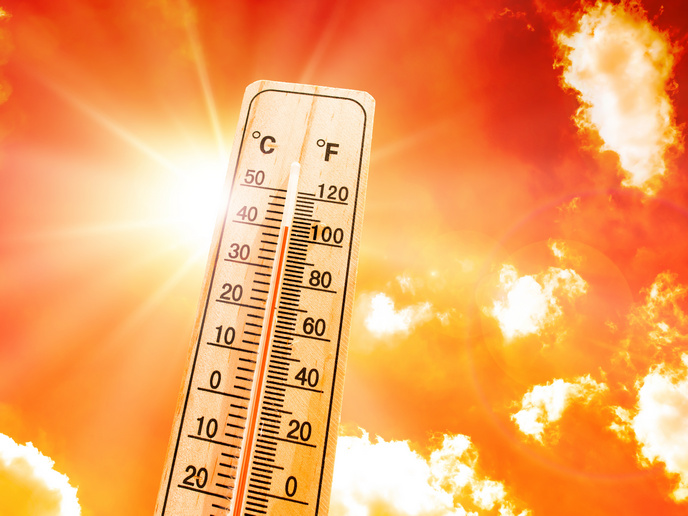Solutions for a resilient, healthier ocean for the future
Marine ecosystems are vital to global biodiversity and provide essential services such as climate regulation, food security, and economic and well-being benefits. However, pollution and climate change are threatening them, causing habitat degradation and biodiversity loss. Therefore, there is an urgent need to preserve and restore the natural capacity of marine ecosystems to mitigate the impacts of climate change.
Conservation and restoration strategies for marine ecosystems
The EU-funded FutureMARES project aimed to address the effects of climate change on marine ecosystems by developing innovative, nature-based solutions for conservation, restoration, and sustainable management. With input from over 200 scientists across 33 institutions in 15 countries, the project focused on creating climate-resilient strategies. “One of the core objectives of FutureMARES was to develop and implement effective conservation and restoration strategies inspired by nature that are resilient to climate change,” explains project coordinator Myron Peck. For this purpose, the consortium conducted various experiments to study how marine ecosystems respond to environmental changes, such as rising temperatures, decreasing oxygen levels, and ocean acidification. In Danish waters, for example, knowledge gained from tolerance studies helped improve site selection for eelgrass restoration, a species critical to coastal ecosystems. In Norway and Portugal, FutureMARES researchers restored kelp forests using climate-resilient donor plants. Similarly, the project addressed concerns about the alarming decline in habitat suitability for seagrass in the Bay of Biscay and the Mediterranean Sea by implementing strategies to protect these meadows. Moreover, marine protected areas helped preserve populations of loggerhead turtles in the Mediterranean Sea by ensuring that critical migration routes and nesting sites remained intact.
Sustainable harvesting strategies
In addition to restoration efforts, FutureMARES also explored strategies for sustainable harvesting, focusing on reducing the negative impacts of overfishing, which exacerbates biodiversity loss. The project explored nature-inclusive harvesting strategies such as sustainable fisheries, marine protected areas and aquaculture, aiming for a more holistic approach to marine ecosystem management. Ecosystem models enabled the team to predict the outcomes of fishing at maximum sustainable yield and the impact of by-catch under changing climate conditions. Findings showed that nature-based harvesting approaches can mitigate climate risks to species and their habitats. Furthermore, reducing greenhouse gas emissions was critical for rebuilding depleted fish stocks and ensuring aquaculture sustainability.
Marine digital laboratories
A major innovation of the FutureMARES project was the creation of marine digital laboratories, which simulated the effects of climate change and nature-based solutions on marine food webs. “These decision support tools help stakeholders visualise the benefits of such interventions, as well as the potential ecological and economic trade-offs of management actions,” emphasises Peck. The project also developed novel climate risk assessments for marine species, ecosystem services, and human communities. One of the key outcomes was an online app that allows policymakers, environmental managers, and scientists to explore climate-driven risks in a consistent manner. Furthermore, FutureMARES designed future scenarios that modelled potential outcomes based on varying levels of greenhouse gas emissions and societal factors. These scenarios provide valuable guidance for decision-making in a rapidly changing world. Looking ahead, FutureMARES will continue its work to ensure that the knowledge and tools developed during the project contribute to policy formation, implementation, and evaluation. A ‘Call for Knowledge’ initiative has already demonstrated the value of close collaboration between scientists and policymakers, leading to the creation of climate-smart designs for marine spatial planning including the location of marine protected areas.
Keywords
FutureMARES, marine ecosystems, restoration, climate change, conservation, nature-based solutions







